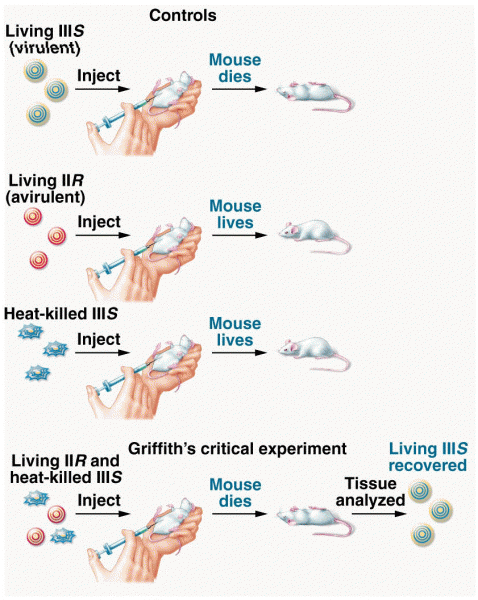|
|
|
Green tea is able to stop the scent of garlic or onion from causing bad breath.
The average office desk has 400 times more bacteria on it than a toilet.
About 100 new prescription or over-the-counter drugs come into the U.S. market every year.
The most dangerous mercury compound, dimethyl mercury, is so toxic that even a few microliters spilled on the skin can cause death. Mercury has been shown to accumulate in higher amounts in the following types of fish than other types: swordfish, shark, mackerel, tilefish, crab, and tuna.
Though newer “smart” infusion pumps are increasingly becoming more sophisticated, they cannot prevent all programming and administration errors. Health care professionals that use smart infusion pumps must still practice the rights of medication administration and have other professionals double-check all high-risk infusions.







